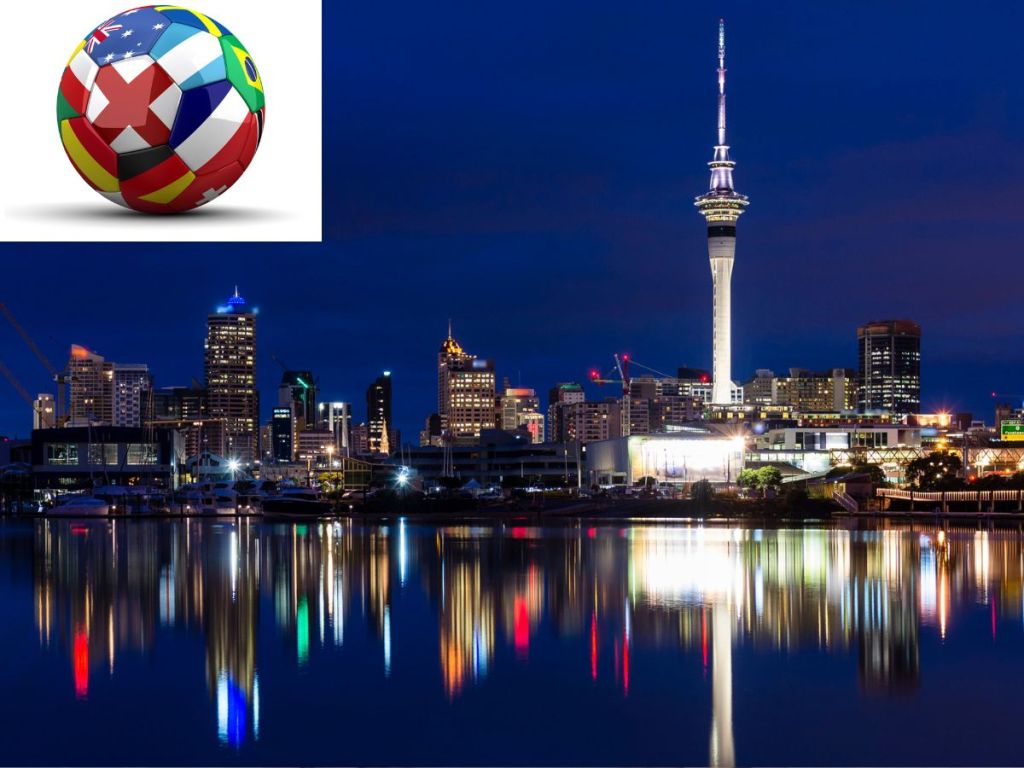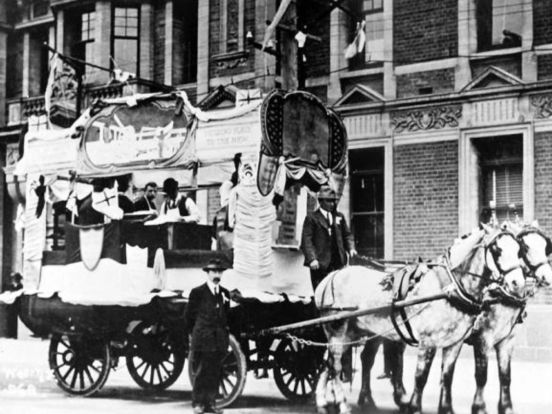Revenue Per Available Room (RevPAR) for the main New Zealand hotels in July this year was 25% up on the same period in 2019 and 27% up on July 2022, according to data reported by Hotel Data New Zealand (HDNZ).
In an overall industry report prepared by Horwath HTL (Hotels Tourism and Leisure), the results were positively influenced by the FIFA Women’s World Cup which kicked off on July 20 with Auckland, Hamilton, Wellington and Dunedin hosting matches.
Hotels in Tauranga, Palmerston North and Christchurch have also been used by teams as part of their preparation. FIFA demand also drove continuing growth of the Average Daily Rate (ADR) which increased by 9% compared to July 2022 and was 35% above the same period in pre-pandemic 2019.
When considering increases in room supply since July 2019, Horwath HTL estimate that the number of room nights sold in major hotels in New Zealand was 7% higher than the same month in 2019. This is the strongest increase since the pandemic and shows the overall positive impact of the FIFA Women’s World Cup on hotel demand.
Based on occupancy and ADR growth, Auckland and Dunedin appear to have benefited proportionately the most from the tournament in July. The six FIFA games played in Wellington boosted occupancy and ADR during the last 10-day period of the month, with STR reporting occupancies of 77% in the week of 24-30 July.
This compensated for a slowdown of government and business demand compared to earlier in the year. In Hamilton, matches were played mostly on already high demand weekdays. Hotels other than those hosting teams reported being full on game days with special event rates driving higher ADR.
In Auckland, 13 hotels hosted teams, media or officials which significantly contributed to an overall strong market performance. We estimate that that the number of room nights sold in hotels increased by circa 18% compared to the same period in 2019. This was much needed after a supply increase of 23% over the past 4 years.
Inquiries with several Auckland hotels not contracted by FIFA indicate there was lower than expected demand from supporters and little peak demand during match days. The latter is likely the result of the significant supply additions of the past few years. Overall, Auckland demand from the business and meetings markets appear to have held up well.
Poor snow conditions in Queenstown during most of the month resulted in hotel occupancies ending up below expectations. While forward bookings were strong, many hotels missed out on last-minute bookings that typically occur during the ski-season.
The FIFA World Cup contributed to strong ADR performance in Auckland and Dunedin with a growth of 14% and 17% respectively compared to the same period last year. An ADR growth of 17% in Rotorua came off a low base in 2022 when hotels reported 46% occupancy and rates had dropped 7% year on year. This year, some hotels benefited from overflow business from Tauranga which hosted a FIFA World Cup team and the resort experienced reasonably good demand during the school holidays.
Queenstown hotels reported their highest ADR ever at $334, with the 4.5-5 star hotels reaching an ADR of $412 which is 45% above the ADR reported for the 5-star hotels in Auckland.
While hotel performance during the FIFA Women’s World Cup is certainly encouraging, it’s premature to say that the hotel sector – and tourism in general – is now fully recovered after COVID.
RevPAR New Zealand-wide for the 12 months ending July 2023 was $151 (made up of 66.9% occupancy and $226 ADR). This compares with RevPAR of $153 (79.6% occupancy and $192 ADR) for the 12 months ending July 2019. In other words, hotel RevPAR performance over a 12- month period is still lower today than it was four years ago pre-COVID, largely due to the fact that hotels are only two-thirds full on average, rather than 80% occupied.
Meanwhile, hotels are dealing with substantial cost increases during those four years, including labour costs, utilities, rates, insurance and interest costs. It’s also likely that F&B and other department profits are lower on a hotel-by-hotel basis than they were pre-COVID, due to lower hotel occupancies and reduced outlet opening hours in response to staff shortages.
An increase in visitor arrivals in July appears to have balanced out the increase of New Zealanders departing during the school holidays.
According to provisional data from Stats NZ, circa 253,000 non-New Zealand residents arrived in the country during the month of July, an increase of 112,000 compared to the same month last year, but still 14% below the number of arrivals in July 2019. Unsurprisingly, visitors from the USA increased substantially with much air-capacity and the matches of the USA football team in Auckland and Wellington attracting large numbers of American supporters. As air capacity recovers, arrivals from China also picked up to reach 75% of July 2019 levels.
With the start of the country’s school holidays in the first week of July, 248,000 New Zealand citizens left the country, which was 37% more than in July last year but 17% below the number of departures reported in July 2019.
Once more, the documented hotel performance underscores the favourable influence and significance of major events on New Zealand’s visitor accommodation sector, particularly during periods that are not in the peak summer season.
With many countries competing to attract such events, maintaining central and local government support will be crucial in helping secure major events in future years.
Horwath HTL is a member of Crowe Global, a professional association of accounting and management consulting firms founded in New York in 1915. Crowe Global is currently ranked among the top ten international professional service groups with offices in close to 586 cities in 108 countries. www.horwathhtl.com
Hotel Council Aotearoa (HCA) is New Zealand’s dedicated industry body for hotels and hoteliers. HCA currently represents more than 140 New Zealand hotels; comprising over 15,600 guest rooms or 5.6 million available room-nights per annum. Alongside airlines, airports and transport infrastructure, hotels are key tourism infrastructure without which New Zealand would be unable to attract high value international travelers. www.hotelcouncilaotearoa.com








